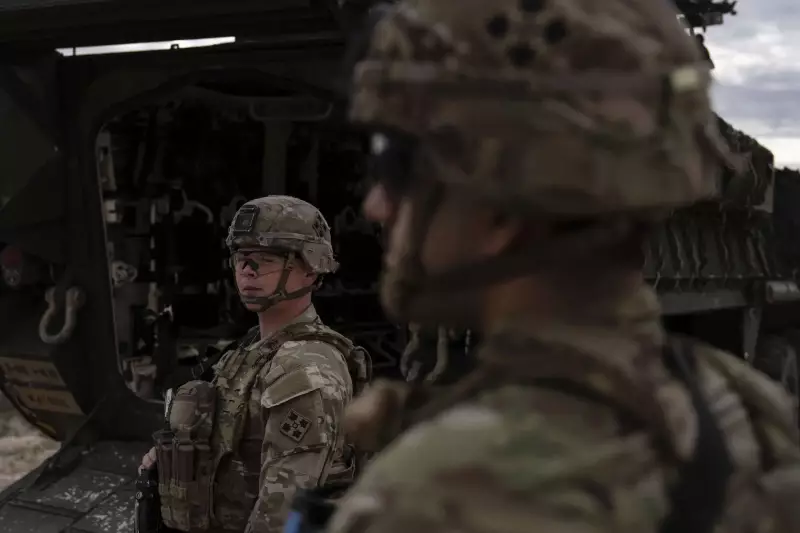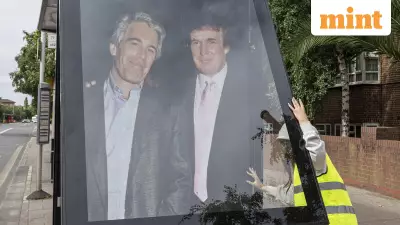
This weekend, the people of Ecuador will make a pivotal decision that could reshape their nation's security landscape and its relationship with the United States. On November 16, a national referendum will be held to determine if a nearly two-decade-old constitutional clause banning foreign military presence should be repealed.
A Vote for Security and Alliances
According to surveys by the Cedatos polling firm, nearly two-thirds of the country supports this constitutional change. If the vote passes, it would open the door for the United States to occupy bases on Ecuador's strategic Pacific coastline. For Ecuador's President, Daniel Noboa, this move is seen as crucial for strengthening ties with the US and enhancing efforts to combat the dramatic surge in local violence that has plagued the nation.
The Trump Administration views this potential partnership as a significant boost to its campaign against drug trafficking networks across Latin America. This campaign has already seen nearly two-dozen military strikes on purported drug vessels in the region's waters. In a clear sign of warming relations, President Noboa recently hosted US Homeland Security Secretary Kristi Noem. The pair toured former US military sites in the coastal towns of Manta and Salinas, though a third potential site in the Galapagos Islands has been ruled out by Noboa.
From Peace to Crisis: Ecuador's Security Dilemma
Ecuador was once considered one of South America's more peaceful nations, despite being a key transit point for cocaine from Colombia and Peru. Under former leader Rafael Correa (2007-2017), the constitution was recast in 2008 to bar foreign military presence, leading US forces to depart from their operational hub in Manta.
"The reason for the base in Manta was to allow, basically, US surveillance planes to patrol those waters," explained Evan Ellis, a Latin America Research Professor at the US Army War College Strategic Studies Institute. "Without that, the US was forced to shift to other locations outside of Ecuador."
While the murder rate dropped to historic lows after Correa's anti-gang actions, violence has exploded in recent years. In a shocking statistic, more than 8,000 people were murdered in Ecuador in 2023—a figure seven times higher than in 2019. This security crisis fueled Noboa's "wartime" campaign platform and his subsequent election victory against left-wing rival Luisa Gonzalez.
Regional Repercussions and Domestic Hope
The potential US return comes as the Trump administration intensifies its drug interdiction efforts. Since September, about 20 US strikes on boats in international waters have led to more than 76 deaths. While these actions have caused diplomatic friction with neighbors like Colombia, Ecuador appears receptive.
"The toll of organized crime is changing public opinion," said Benjamin Gedan, Director of the Latin American Program at the Stimson Center. He noted that Ecuadorians, who are largely pro-American and use the US dollar, recognize their security forces are "inexperienced and outgunned."
The Noboa government has indicated that local police and security forces would receive upskilling from US expertise if the referendum passes. However, experts caution that a US military presence alone is not a silver bullet. "Above all, Ecuador needs to rid its police and judicial system of corruption," Gedan emphasized. Yet, given the terrible cost of violent crime, many Ecuadorians are willing to settle for immediate, forceful action against the criminal groups terrorizing their nation.





